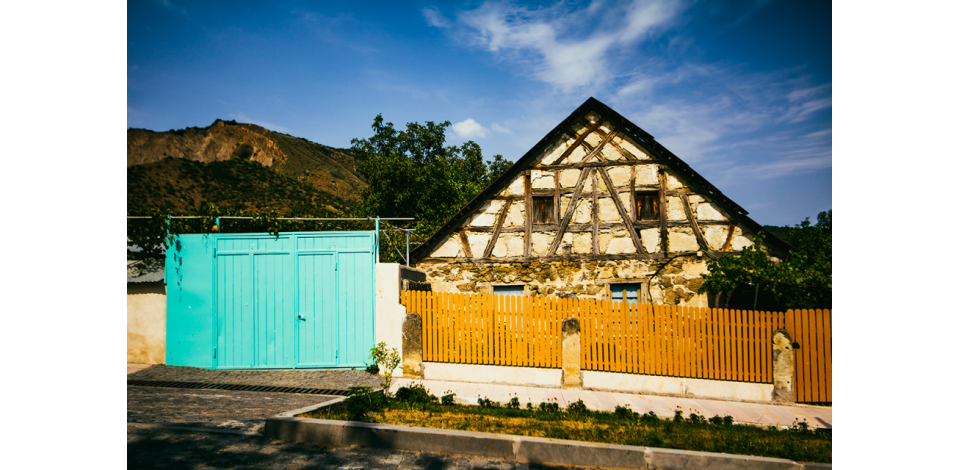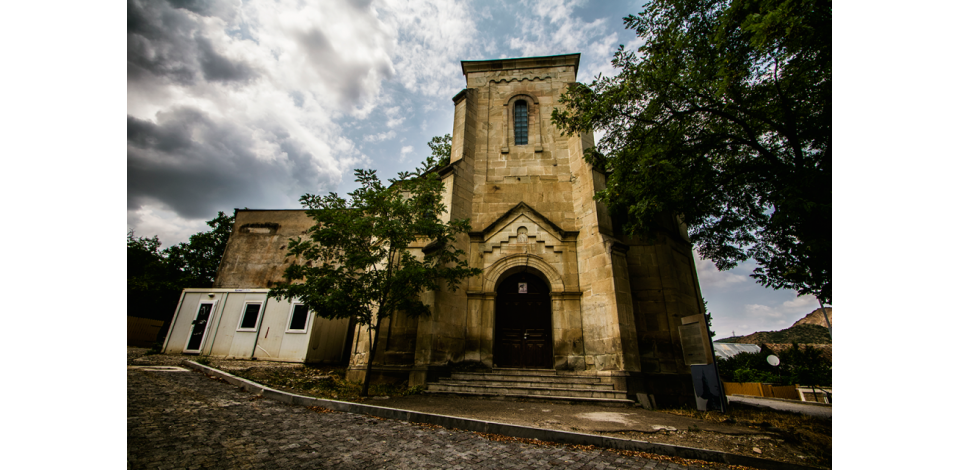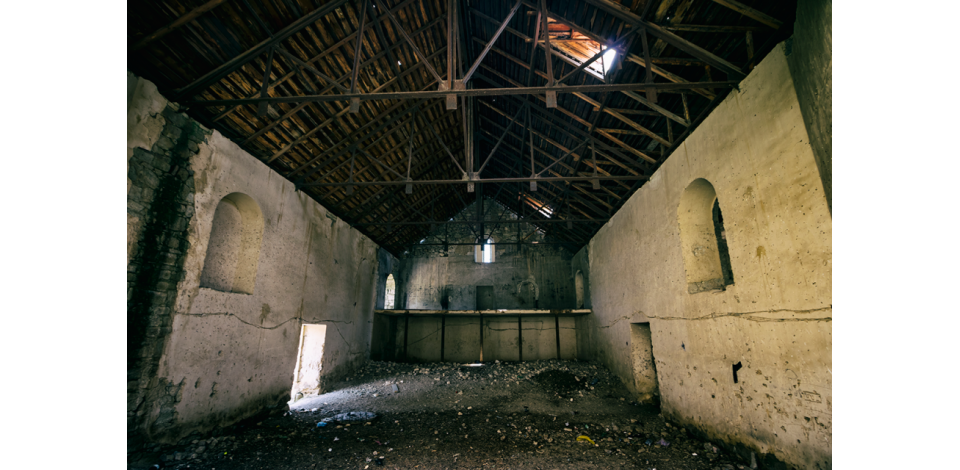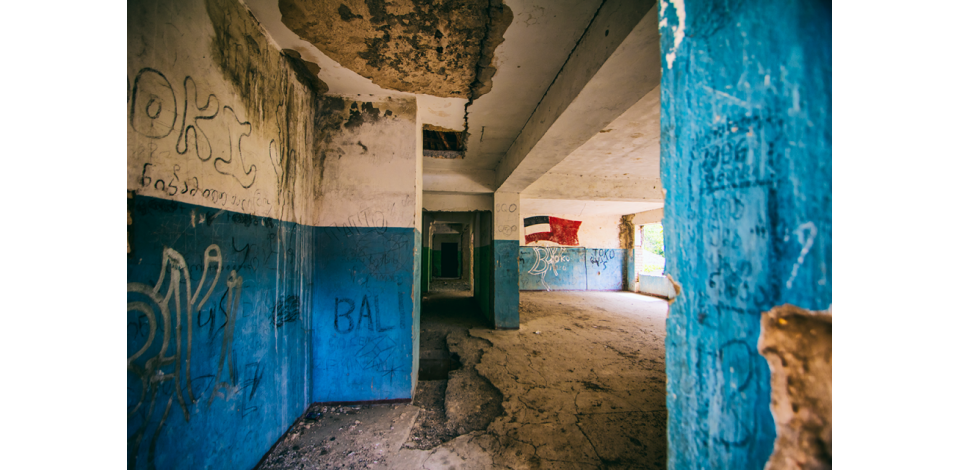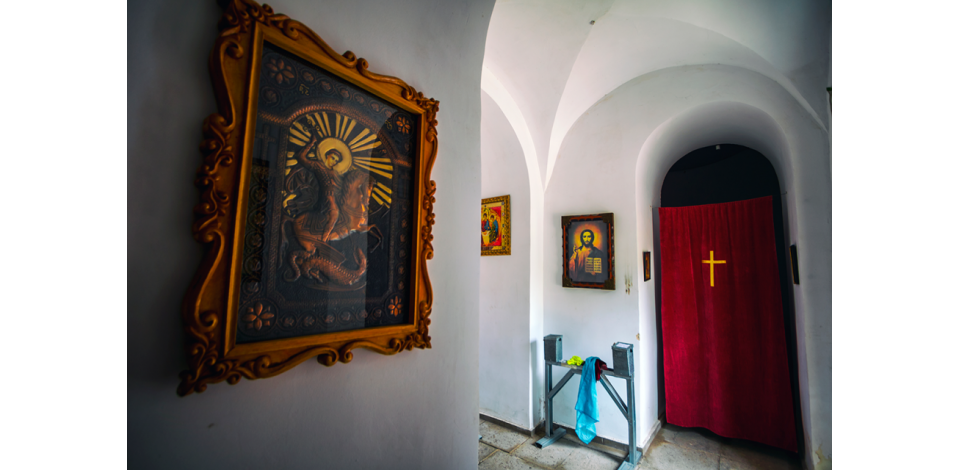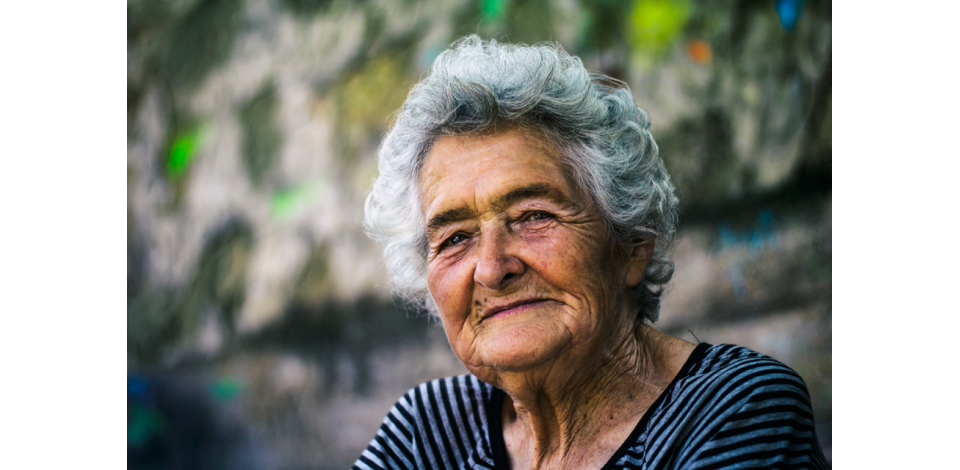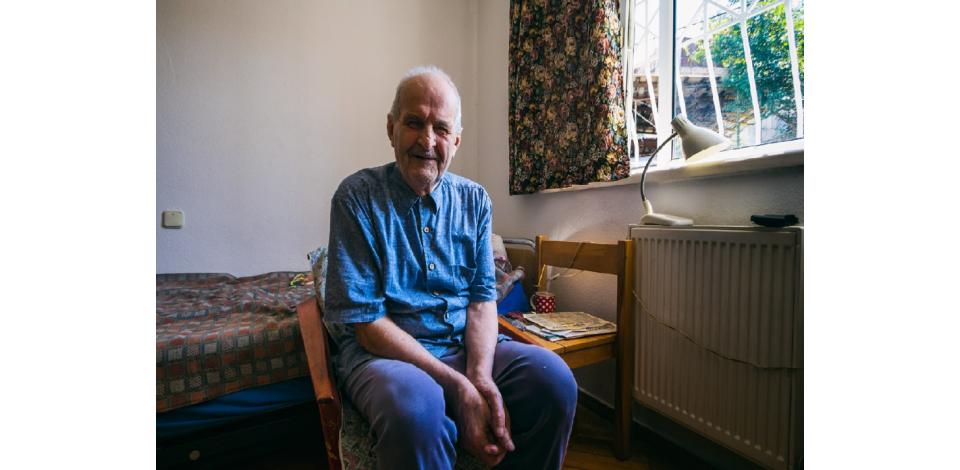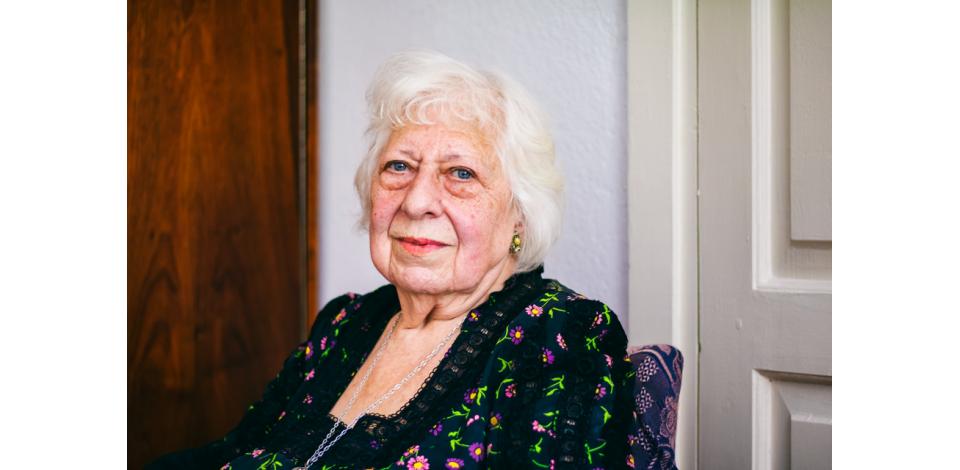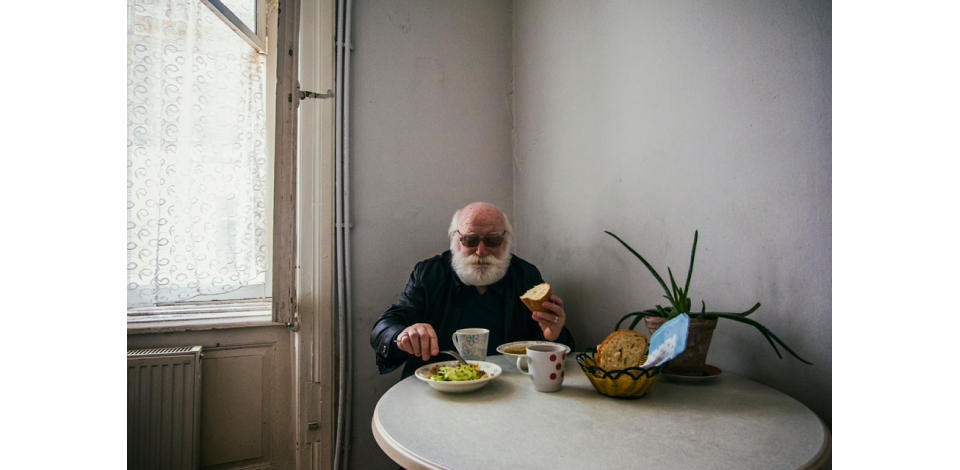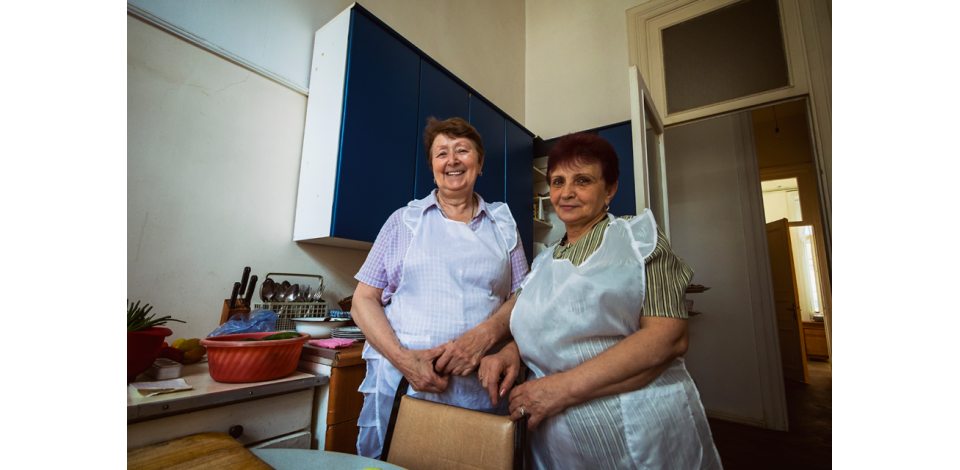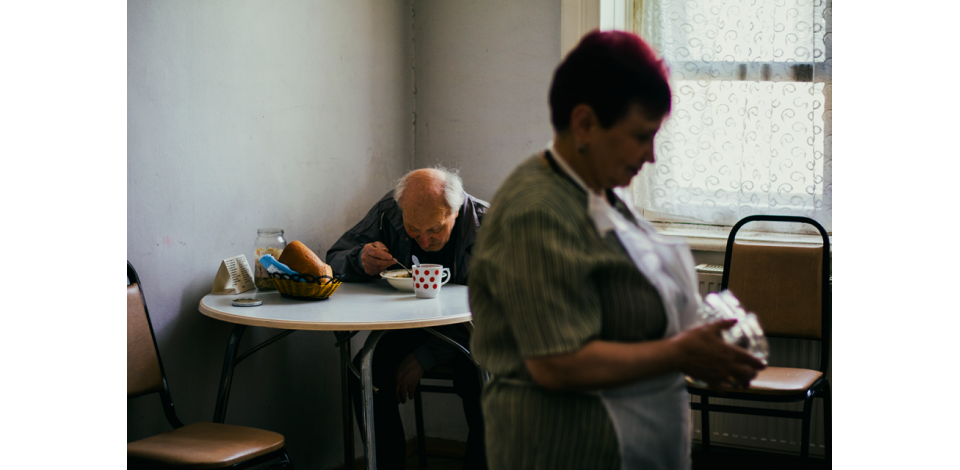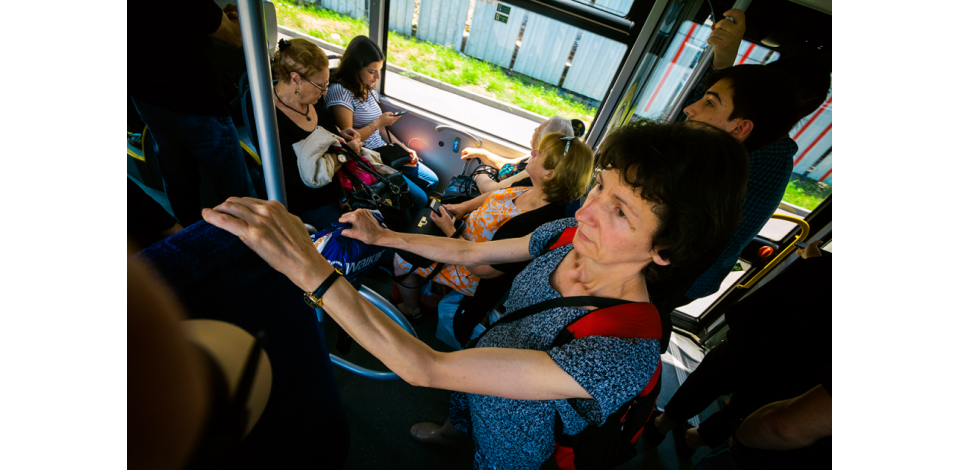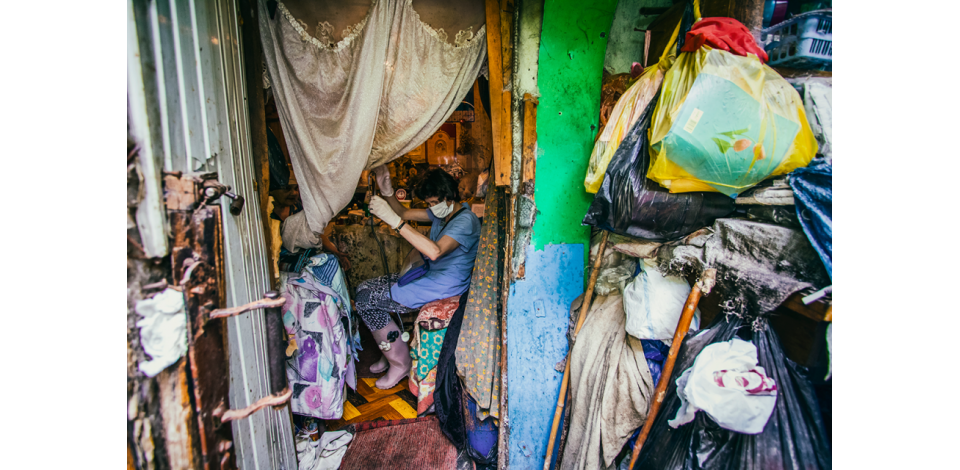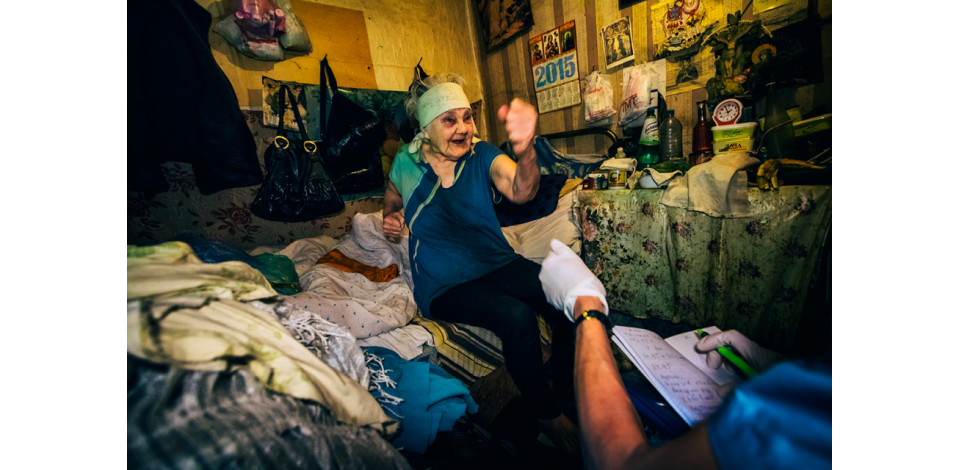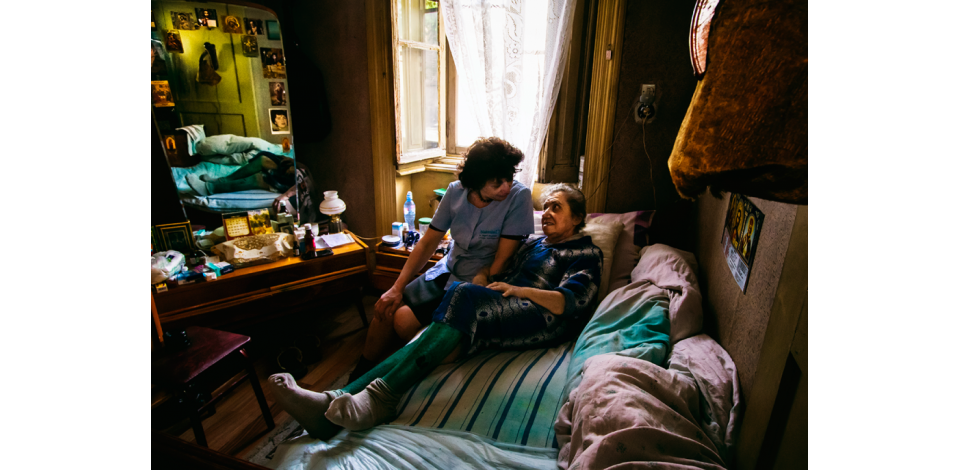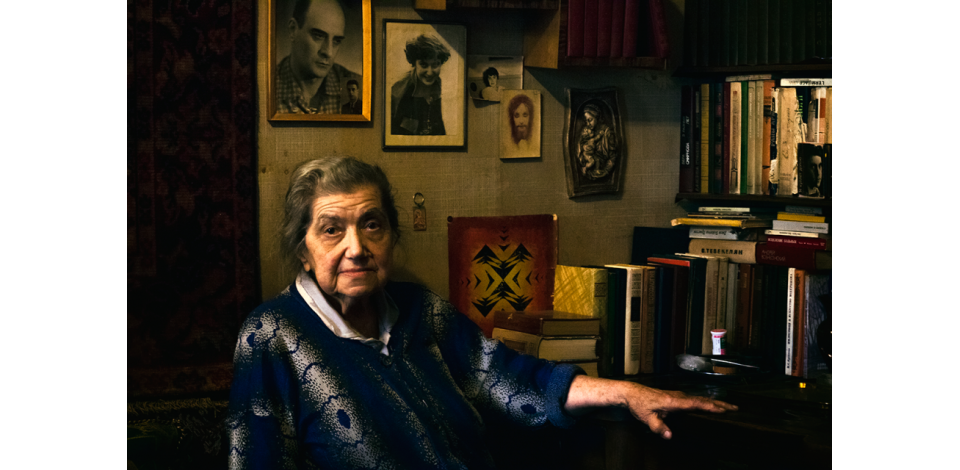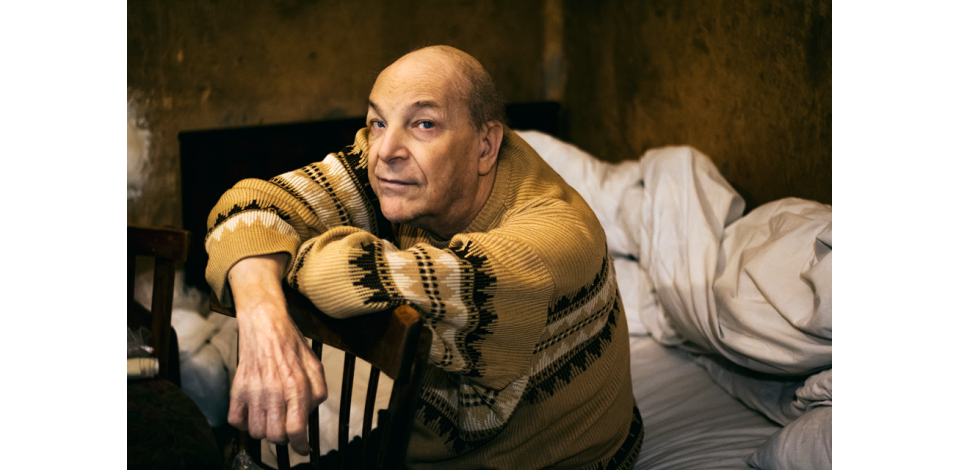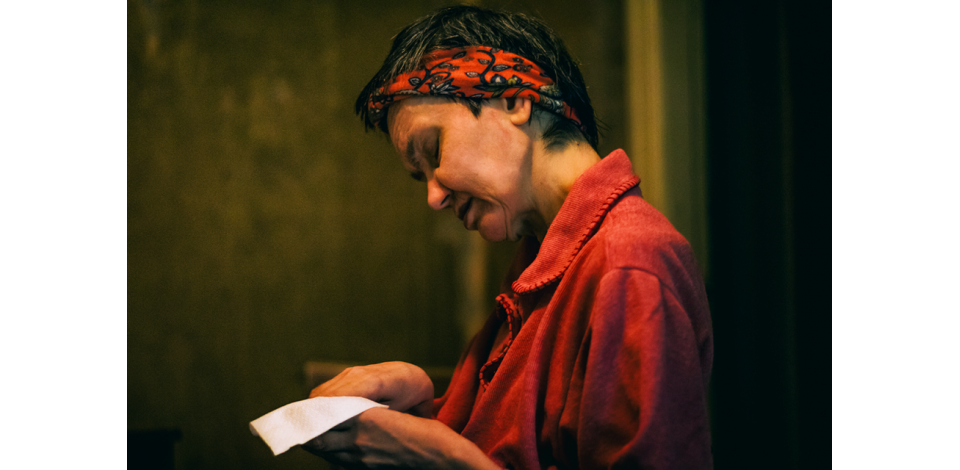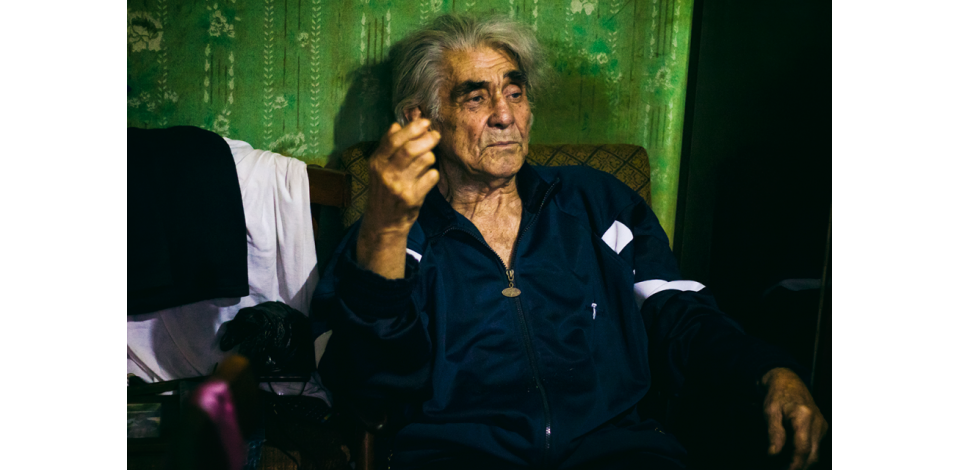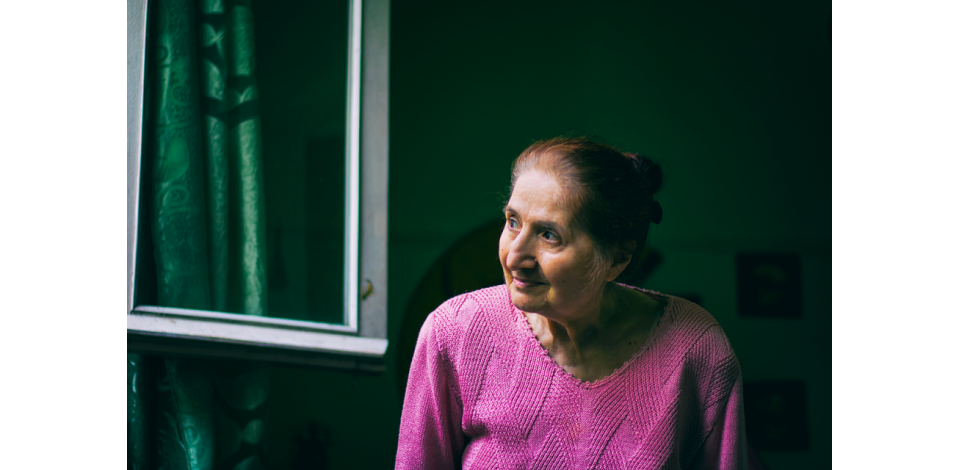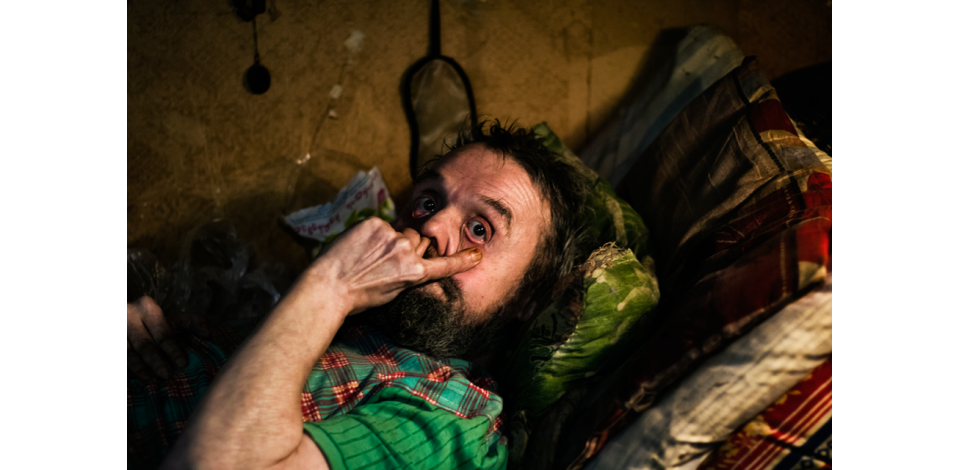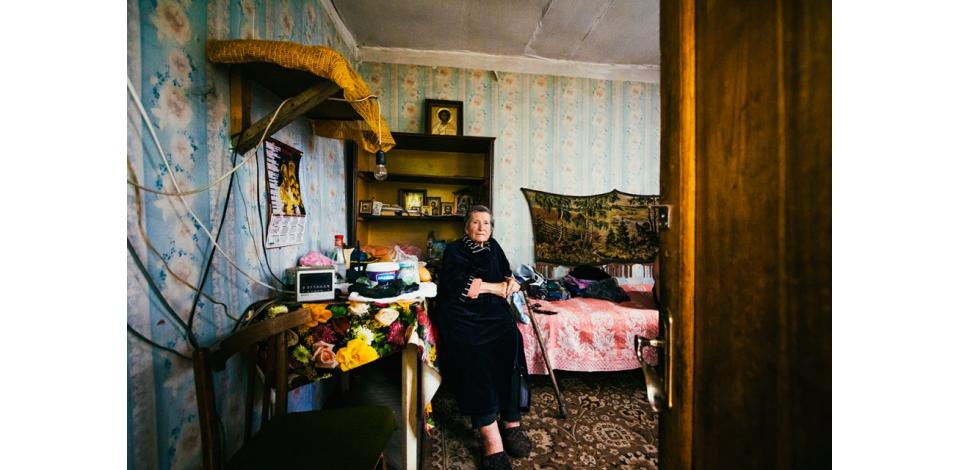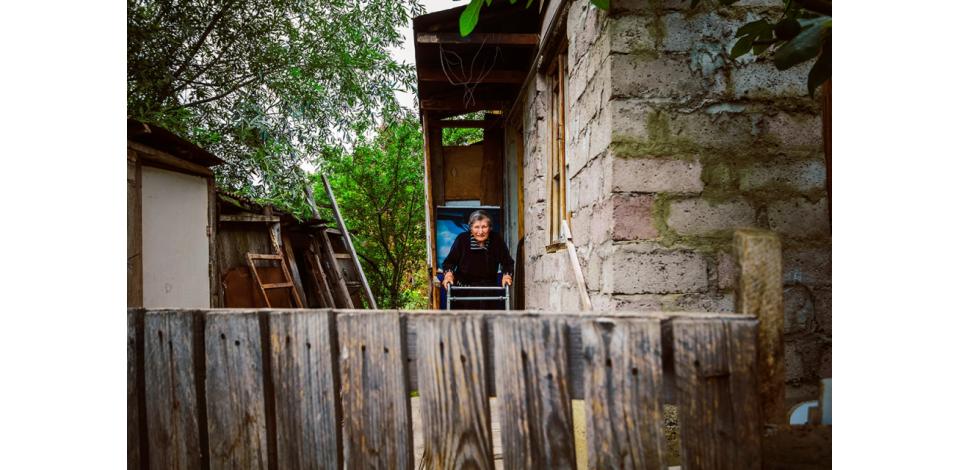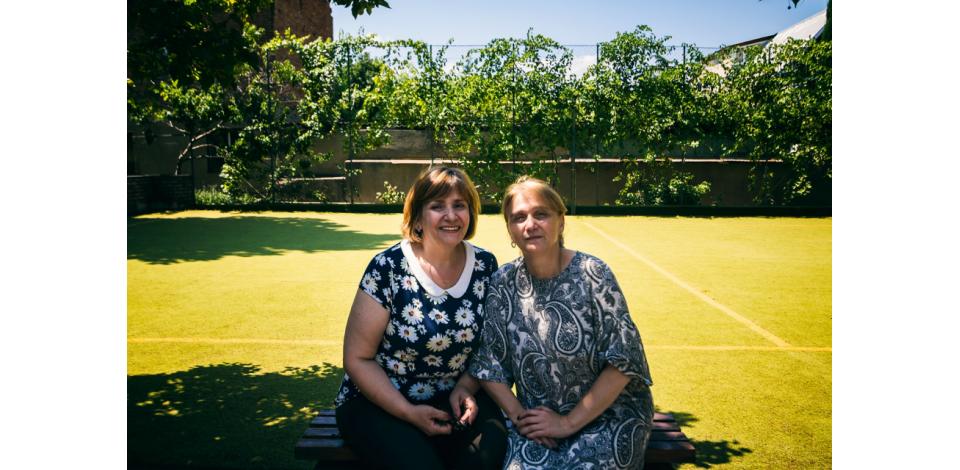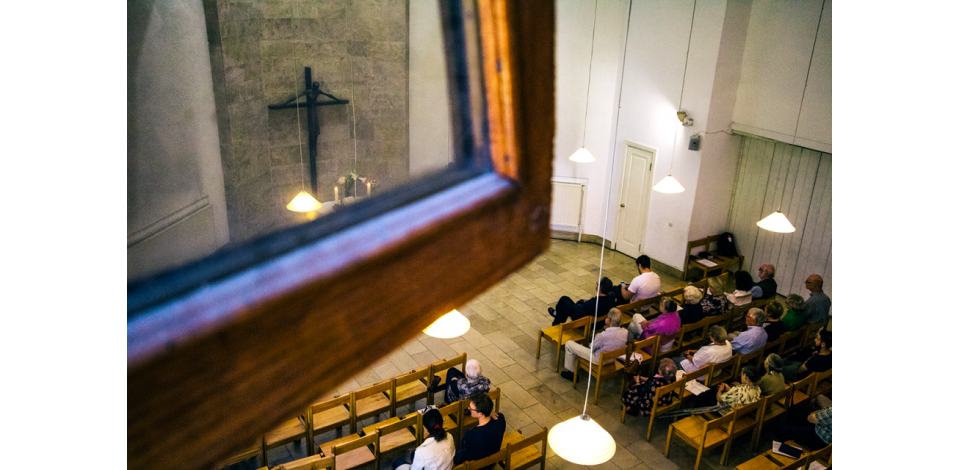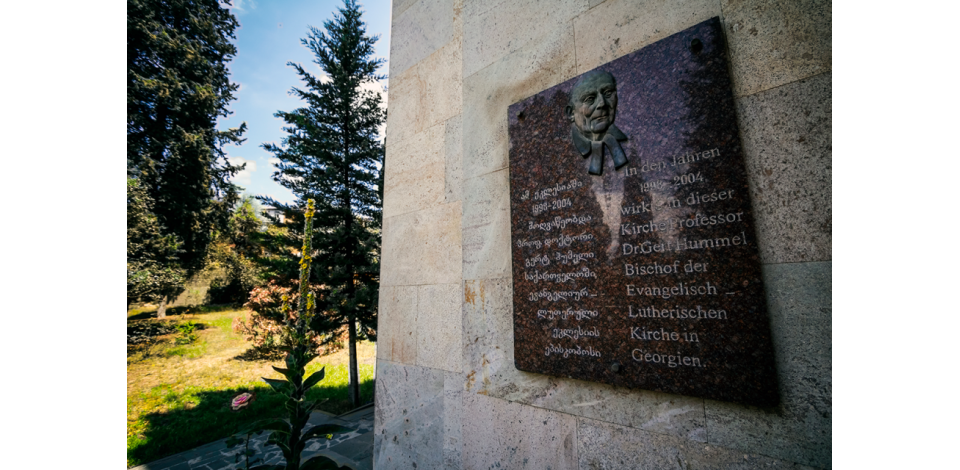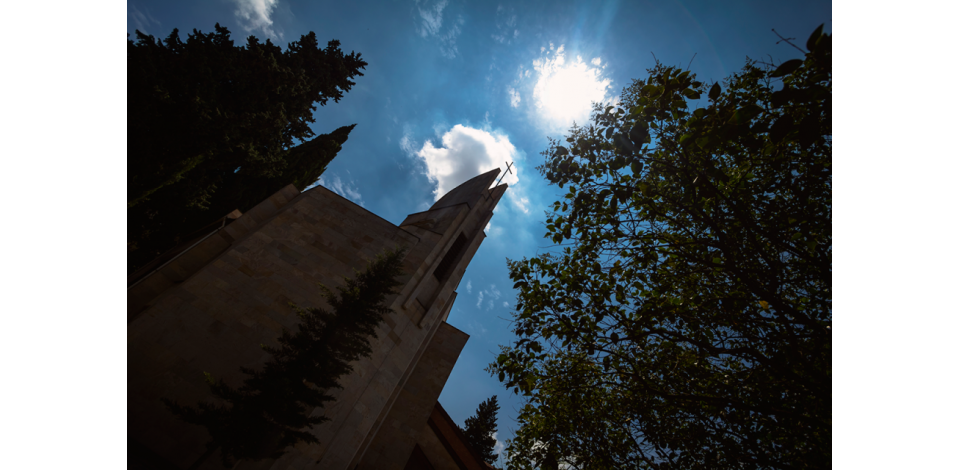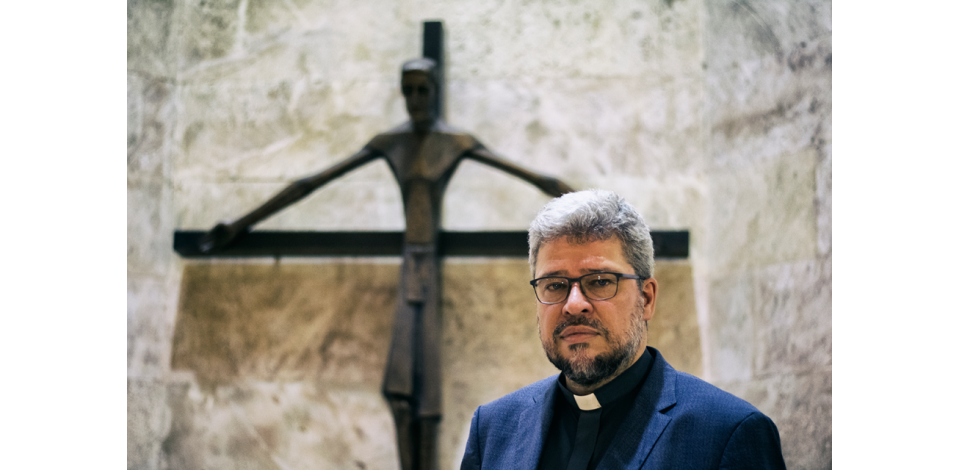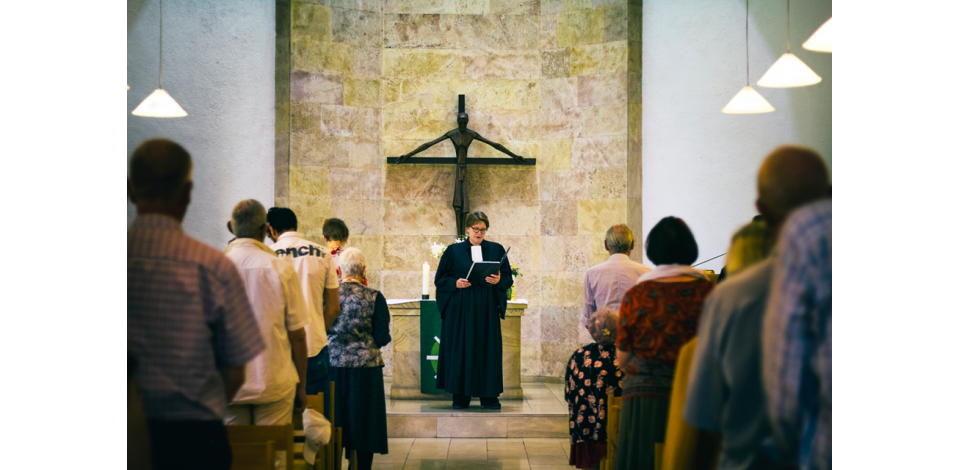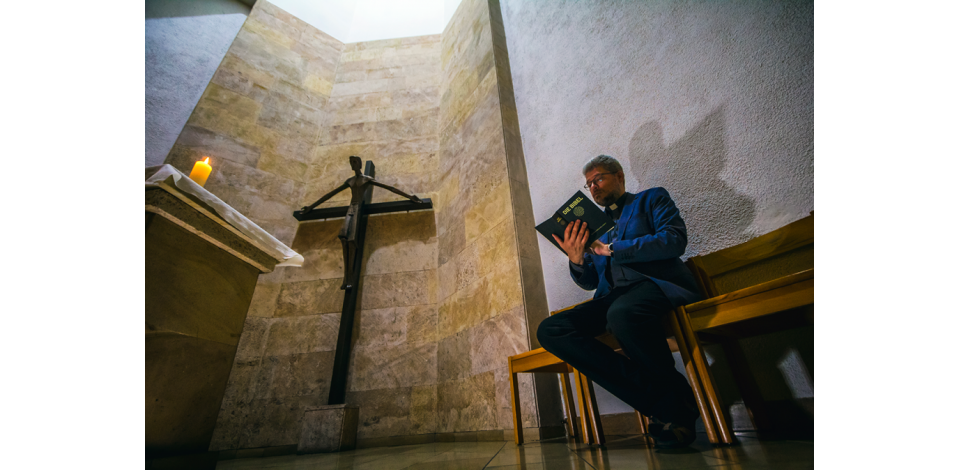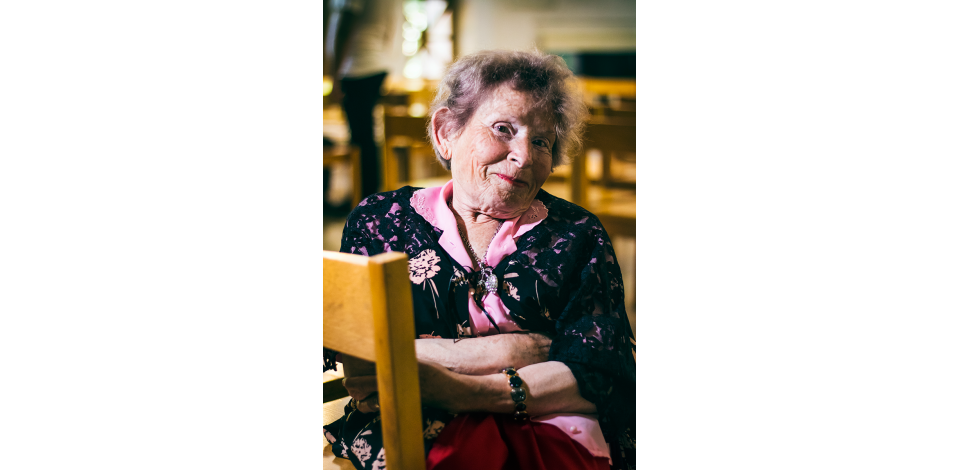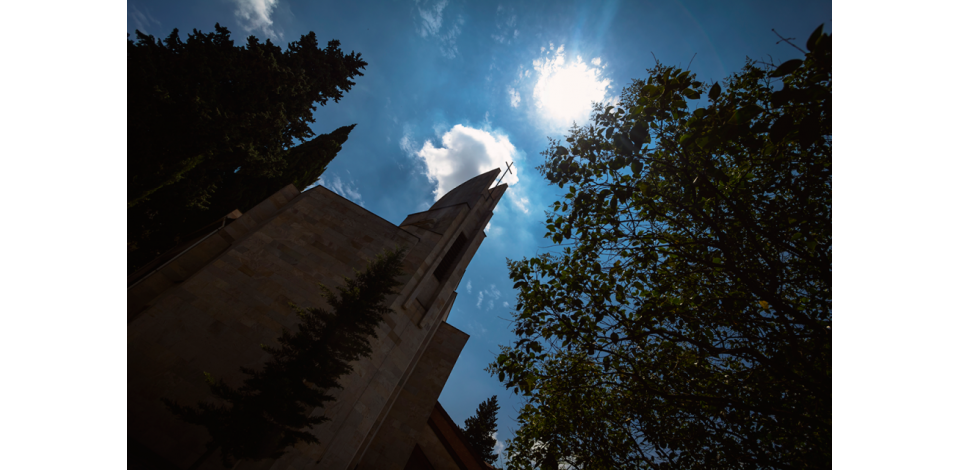
Author: Nino Baidauri
Translated from Georgian by Keti Mskhiladze
The story is about social service, history, German-Georgian relationships and heritage of Evangelical-Lutheran Church in Georgia. Get familiar with people who preserve and persue this history today.
Georgian History of Evangelical-Lutheran Church
If in Kvemo Kartli you take a road from Tetritskaro and drive down, a name of a historic village – Elisabethtal, will catch your attention for its strangeness for Georgian toponymy.
However, if you take the road from the other end and drive up, nothing will seem strange as this village is Asureti.
Whether it is Elisabethtal or Asureti depends on which end of the road you take to reach it.
And still, why on earth it has two names?
In 1817-1818, upon the invitation of the Russian Emperor Alexander I, several hundreds of German families came to settle in the Caucasus from Baden-Württemberg. While Germans had to leave their homeland to escape political, economic or religious hardships, the Tsarist Russia, driven by its economic goals, sought to resettle industrious and knowledgeable Germans in its provinces.
The village of Asureti, which, by then, had long been abandoned by its residents and almost completely ruined, became one of the first German settlements in Georgia – Elisabethtal (after Princess Louise of Baden, who was known as Elizabeth Alexeievna after she married Alexander I and converted to Orthodox Christianity).
A long and difficult travel to the Caucasus took its toll on Swabian Germans: many of them died on their way to Georgia whereas the majority of those who arrived were weakened and ill and impoverished. However, owing to their industry and knowledge, Swabian Germans soon managed to stand on their own feet and turned Asureti, as well as other similar settlements, not only into an economically wealthy village, but also into a cultural center.
A traditional German house in Asureti
In 1871, a Lutheran church was built in the village, which much like other churches and all other religious denominations or religious buildings, could not escape the violent and aggressive policy of the Soviet Union. The traditional neo-Gothic Kirche was first transformed into a village club; then it was stripped off its bell tower and dome and later, transformed into a house of culture.
This is how the historical Lutheran Kirche in Asureti looks as of July 2018.
This is that Kirche - one of the rare churches that reached our days. It seems to resemble itself but at the same time, no longer looks like the Kirche, seems to fit in with its purpose, but at the same time, does not. Through the central door of the church, which unexpectedly was open, I saw a sanctuary in a small whitewashed niche… but the sanctuary was Orthodox Christian, not Lutheran.
Orthodox sanctuary in the Asureti church
Persecution of Germans in the Caucasus began during the First World War. Germans felt some relief between 1918 and 1921, during the period of Democratic Republic of Georgia. However, the relief, as well as the Georgian Republic, proved short-lived. With the installment of the Soviet regime, persecution of Germans resumed. Thousands of Germans suffered mass repressions, exiles, executions; only a segment of women who were married to Georgians (and other ethnicities of the Soviet Union) escaped this fate.
On a hot day of July, I approached several old men standing near the church on the street of Swabian Germans to ask:
“I am aware that almost none of descendants of those Germans who lived here can be found in the village, but I wonder whether you know even a single family that are relatives of those people?”
That’s how I found Natela, a twin daughter of Mikheil Azariashvili, a Georgian Orthodox Christian who never returned from the, and Frida Schmids, a Georgian Lutheran.
Natela Azariashvili
As Natela recounted, there were good relations, mutual respect and cooperation between Georgians and Germans. She witnessed that herself and heard about that from others too. This is also proved by historic sources, a great common Georgian-German legacy and the influence that can be discerned in a range of areas - from agriculture to architecture.
Not far from Natela’s house there is an old German cemetery which was opened in 1818 and has been recently restored by the Evangelical-Lutheran Church. An aura of mystery of this cemetery makes you feel yourself a hero of a movie about travelling back in time.
Old German cemetery in Asureti.
Social Service of Evangelical-Lutheran Church
In 1999, Christiane Hummel, the wife of bishop of newly established Evangelical-Lutheran Church in Georgia and theologian Dr. Gert Hummel, took charge of charitable diaconal society. Since then, the society continues to provide various social services: it runs a shelter for elderly people and two soup kitchens, provides monthly assistance with food to 200 people, implements homecare program for single elderlies and/or persons with grave physical and mental problems. People providing these services are not ethnic Germans or Lutherans alone. Likewise, the beneficiaries of these services include representatives of various faiths and ethnicities.
Initially, the shelter admitted eight single elderly persons of German origin. Today, the shelter can accommodate only eleven persons. Hence, 11 persons live there although the demand for shelter is high. Only five of those shelter residents are ethnic Germans. Some 15 providers of service – doctors, nurses, cooks and caretakers, work for the shelter and soup kitchens. One of the shelter residents is Otto Kibler.
Otto’s father was a German Lutheran, mother a Polish Catholic. Father was an engineer, a well-recognized and highly appreciated professional, though only until the repressions of 1941. When an order about father’s exile was delivered, Otto’s mother chose to follow his husband to Kazakhstan together with her sons - Otto and his brother. It was not until 1960 that the family managed to return to Georgia. Otto became a geologist and for many years worked on a number of very important projects. He married a Russian woman. As relations with Russia extremely deteriorated, Otto’s wife decided to move to Russia. Otto did not see his place in Russia and chose to separate with the wife rather than leave Georgia for Russia. After sustaining a leg injury, a series of surgeries on it and suffering much pain, he now lives, as he put it, calmly and happily in the shelter for elderlies of Evangelical-Lutheran Church. He was short of time to shave his face by my arrival and did not want to be photographed, but I convinced him that beard was a fashion accessory today and so, he agreed.
Otto Kibler
I was looking forward to seeing Irma Weiss. Before meeting her I have heard a lot of unbelievable and interesting stories about her. Irma is not a person to meet or share her personal stories with everyone and gaining her trust is a serious challenge. However, within the very first minutes of our meeting we achieved mutual understanding. She has to tell so much about her ancestors, repressed family or private life with its achievements and dramas that one can listen to her for hours. Her story deserves a monograph rather than a small space in this photo-history.
Irma and her ancestors on her father’s side, whose name was Florentin Weiss, were referred to as Weiss dynasty. They were among the pioneers in developing geophysics and astrophysics in Georgia, installing first telegraph lines in Georgia (and in the Caucasus). Irma is geophysicist herself, the last representative of this dynasty. Her mother, Nino Zaalishvili, was a painter, pedagogue, specialist of plastic anatomy and a daughter of renowned teacher, scholar, and author of various textbooks Mikheil Zaalishvili. It was not until 1990s that Irma’s family was rehabilitated and officially recognized by the state as victims of injustice.
Irma Weiss
A soup kitchen of Evangelical-Lutheran Church serves 100 people. A wholesome diet is planned with great caution. A nutritionally balanced menu, composed by specialists, offers tasty dishes to beneficiaries
The homecare program provides assistance to some 80 feeble persons who are unable to rake care of themselves, have no one to look after them or are abandoned by their families and relatives. Initially, the Church implemented this program at its own initiative. Today, it is part of the state homecare program and co-financed (30%) by Mayor’s office. Nurses start their working day at 8 a.m. and traverse the city, going from patient to patient, till evening without taking break. They travel by public transport and often have to change several means of transport to reach a patient.
Ada, a homecare service nurse.
Financial resources of the program are rather scarce but the priority is to assist as many people as possible. Generally, salaries of nurses are low, all the more so when the the nurses perform such a difficult and intensive work. They shun talking about themselves or complaining. When asked about their motivation, they smile and respond calmly: “How then? these people need us.”
Ada visiting a patient at the latter’s hardly-to-be-called flat. The patient’s name is Seda. A large segment of beneficiaries live in extreme poverty and unbearable conditions.
Seda is always very excited about even an insignificant improvement of her health, for example, a normal blood pressure
They visit each patient two, three or, when need be, more times a week. This costs them longer hard working days. But they cannot act otherwise because when a patient, for example, has a little cold, a nurse does not bathe him/her during a scheduled visit in order to avoid complications of the patient’s health; hence, the nurse pays an unscheduled visit to the patient to perform that task.
Before going to another patient, nurses have around an hour to spend with the patients they visit. During this hour they are busy doing things: providing medical assistance when needed, taking care of their hygiene, talking with and listening to them, joking, cooking food, informing them about ongoing events, tidying up their flats. They know everything about their lives, their joys and sorrows.
Family members and ancestors of Sofa and her late husband, the Afrikyans and the Milovs, were architects and builders. They constructed a number of buildings in Tbilisi. Sofa is a chemist by profession, though she abandoned her career to look after her elderly parents and to raise children.
Aleksandre and Maya suffer from grave illnesses. They live with their child who works hard all day long struggling to meet vital needs of the family.
Heinrich has no relatives in Georgia. He confronts illness, extreme poverty, as well as humiliation and harassment from his neighbors alone. Heinrich’s father was a German, pilot by profession; although he had spent his almost entire life in Samara and was against Nazis, he could not escape the Soviet persecution. But, the Soviet regime spared his life because of his useful profession. However, he was separated from his wife and son and prohibited to see them. When the Soviet authorities learned that Heinrich’s parents were seeing each other secretly, Heinrich’s father was forced into another marriage.
Heinrich served in the Soviet army as an aircraft mechanic.
Marika is a teacher of French. She studied at Tbilisi public school #23 and after graduating from the university taught there during 40 years. She recalls her work at school and her pupils with great affection. She believes that fairness is the key in the interaction with children. Former pupils visit her to the present day. Apart from French she knows several other languages and intends to learn yet another foreign language. For example, she learned Polish because she was very fond of cinematography, read Polish cinema magazines and did not want to miss anything. Marika is a niece of Grigol Peradze, a national hero of Georgia and archimandrite who was canonized as saint by the Georgian Orthodox Church. Grigol Peradze was a theologian, PhD of history, professor, who, in addition to studying in Georgia, studied in the universities of Berlin and Bonn. He conducted a scientific research at Oxford University; delivered lectures in universities of Bonn and later, Oxford. After the Sovietization of Georgia he could not return to his homeland. He was ordained as a monk. He led Georgian Orthodox Church in Paris, was busy collecting Georgian manuscripts scattered around the world and studying them. Alongside Ekvtime Takaishvili he greatly contributed to the preservation of Georgian national treasury. For helping people who were persecuted by Fascist regime, Grigol Peradze was put in the Auschwitz concentration camp and killed there. For quite a long time it was forbidden to speak about Grigol Peradze in Soviet Georgia.
Yevgeni is a former actor of Griboedov Theater; he starred in several movies too. His voice seems very familiar. He worked for various radio and TV channels as editor, anchor, and voice-over artist. He suffered a stroke and is bed-ridden since then. “Excessive use of alcohol in youth ruined both my life and family,” he said with regret, but rather than whining about things that cannot be improved he chooses to joke: “everything is fine, my fair lady, apart from a tiny thing so far.”
Gulo lives in a house which she built with her own hands. She thinks that people can find salvation in work and mutual care, “but one can hardly find a genuine Christian nowadays as people have lost interest in anyone or anything; they only care about themselves, their only preoccupation is how to rob one another for gains and they have become ruthless. Seeing Georgians of this kind makes me even more distressed,” she said.
The moment when nurses leave patients to go to others is always difficult. For the majority of beneficiaries nurses are not only caregivers but the only contact person with the outer world. They are friends, a family and, as beneficiaries often call them, their angels.
Madona and Maya are two seasoned nurses of social services of the Evangelical-Lutheran Church and pillars of diaconal society. One is Lutheran whereas another is Orthodox Christian. They and their colleagues are united by difficult years they went through together, care for indigent people, Christ and love for mankind.
Evangelical-Lutherans and Independent Georgia
For Germans living in Georgia, their religious denomination was a means of keeping their identity. However, until the breakup of the Soviet Union, the only way to preserve their faith was to hide it.
Sunday service at the Church of Reconciliation in Tbilisi.
After Georgia regained its independence in 1991, the Lutheran Church and its traditions started to revive in the country. It took on a modern form and structure a bit later, after the theologian Dr. Gert Hummel became its first bishop (the leader of Evangelical-Lutheran Church). Lutheran churches of the 19th century were long destroyed in Tbilisi. Being in his advanced age, Gert Hummel, who first arrived in Tbilisi upon the invitation of the Tbilisi University, sold all his property in Germany, moved to Tbilisi together with his wife Christiane and built the Church of Reconciliation on the territory of former German cemetery in Tbilisi.
A commemorative plaque in tribute to Gert Hummen at the entrance of the Church of Reconciliation in Tbilisi.
The church was consecrated in 1997.
Evangelical-Lutheran Church of Reconciliation in Tbilisi.
Evangelical-Lutheran Church as Perceived by the State and the Orthodox Congregation
Even though there are numerous indigent people in Georgia needing assistance, even though the Evangelical Lutheran Church and its homecare program do not differentiate people by their ethnic or religious belonging, even though their has nothing to do with proselytism (attempt to convert people to their belief), one can site numerous instances of people treating them with suspicion or flatly rejecting their assistance. This approach has been changing, though prejudiced attitudes and opinions about the Evangelical Lutheran Church still remain.
Bishop Markus Schoch speaks about the experience of relationship with the Georgian Orthodox Church and the state and nuances of this relationship. At first glance, the Georgian Orthodox Church and the Evangelical-Lutheran Church as well as their leaders are on good, friendly terms. As Mr. Schoch recalled on the very next day of his inauguration in November 2017, he received an invitation from the Catholicos Patriarch of Georgia Ilia II and soon thereafter, at their first meeting, the Patriarch congratulated him on his election as bishop, wished him success and expressed hope that they would cooperate in future. This attitude of mutual respect, inter alia, rests on the knowledge of each other’s history. However, routine public interactions between the congregations differ. Fearing change in attitude of acquaintances, colleagues, neighbors towards them and shunning unpleasant incidents, many Lutherans choose not to reveal their faith and, for example, they have to spend one of the greatest Christian holidays, Christmas, which Lutherans celebrate on 25 December, as an ordinary business day at work. Lutheran children have repeatedly experienced humiliation and offense from teachers in front of their classmates.
Bishop Markus Schoch
I asked Pastor Irina Solei about women religious servants. “There is such depth in the Bible that one can find everything there and then, it is up to each of us to decide what to rely on. We, clergywomen have our strong arguments, can bring examples based precisely on the Bible, not unfounded whims. Women were among first followers of Jesus, his disciples, preachers of his teaching and they also were also called apostles. Women were the witnesses of the resurrection of Christ. Christ preached equality himself and you cannot find anything in his words that might oppose the religious service by women.”
Pastor Irina Solei
“People may follow different traditions, seek God through different paths but there is one God for all and the most important are those things which he preaches himself: mutual affection, respect, equality and unity. A secular state should be based on this approach and despite its secularity should cooperate with church, religious circles, should treat them equally; this should be done not for interfering into each other’s affairs but for the improvement of public life and wellbeing of country’s population,” Bishop Markus Schoch said.
Parishioner of Evangelical-Lutheran Church





